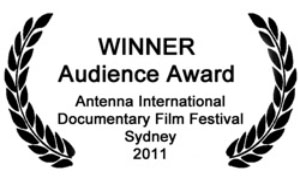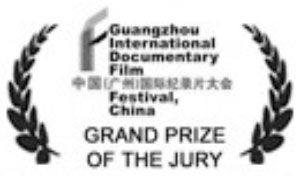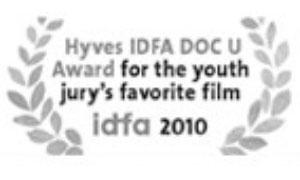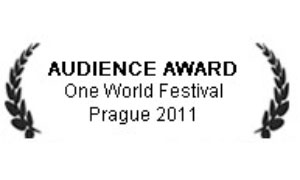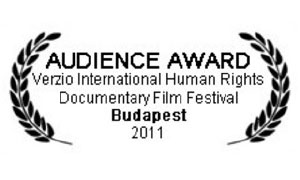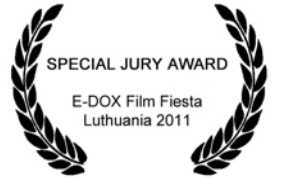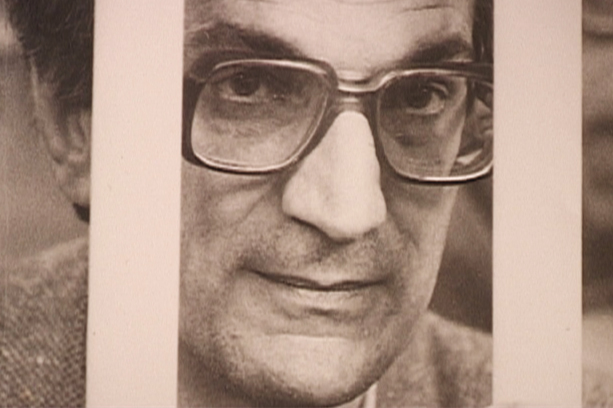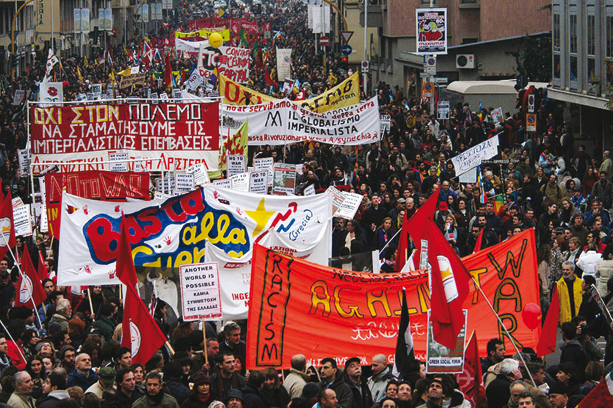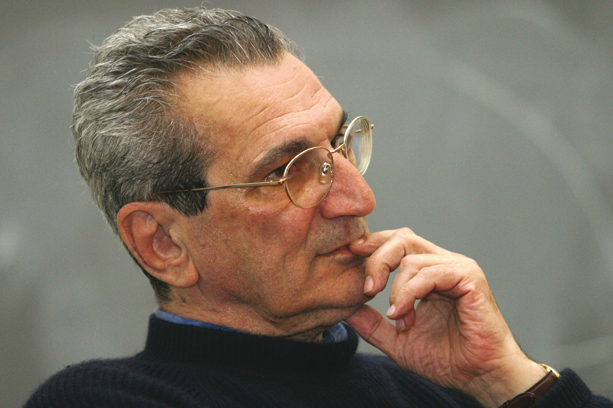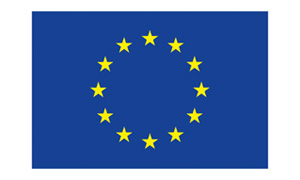Antonio Negri - A Revolt That Never Ends
Few European intellectuals have experienced as much admiration and hatred, as much praise and rejection as Antonio Negri. Few had so much turmoil in their lives.
Antonio Negri is a university professor, philosopher, militant, prisoner, refugee, enemy of the state and today one of the heads of the critical globalisation movement. He spent 16 years in prison, 14 years in exile. His book EMPIRE, published in 2000, became a world bestseller and is celebrated as the new communist manifesto of the 21st century.
From a contemporary perspective the film traces the biography of this controversial personality. Antonio Negris life is closely related to the history of the radical left wing movements in Italy during the 60s and 70s, its utopia and tragic ending. In Parisian exile he bonds with the philosophies of Deleuze and Guattari and he strongly influences the critical globalisation movement of today. The film portrays a life of a revolt, which never ends.
Directors
Alexandra Weltz
Andreas Pichler
Screenplay
Alexandra Weltz
Editors
Evi Romen
Kathy Copony
Director of Photography
Dietmar Ratsch
Additional Photography
Christine Meier
Andreas Pichler
Sound
Alexandra Weltz
Franc Gonzales
Music
Jan Tilman Schade
Lawrence
Glühen 4
Runde 1
Narrator
Jan Marc Kochman
Soundmix
Florian Gehlen
mainland Media
Producer
Eva Rink
Line Producer
Arek Gielnik
Researcher
Niccolo Buna
Karlotta Ehrenberg
Scientific Adviser
Thomal Atzert
Commissioning Editor
Martin Pieper (ZDF/arte)
Sales & distribution
- Press kit
- Press photos
-
„Just in diesem Moment überraschen uns die aus dem Theaterbereich stammenden jungen Regisseure Hans Block und Moritz Riesewieck mit einem erstaunlichen Dokumentarfilm, der seit Monaten Publikum und Kritik auf den wichtigsten Festivals der Welt elektrisiert. Völlig zu Recht: Es ist, als würden einem die Scheuklappen weggerissen, als sähe man das, was sich seit Jahren direkt vor unseren Augen abspielt, zum ersten Mal unverschleiert... eine fesselnde ,Doku noir' mit höchstem Anspruch...Dieser Film müsste an allen Schulen gezeigt werden.“
Frankfurter Allgemeine Zeitung
17.05.2018

